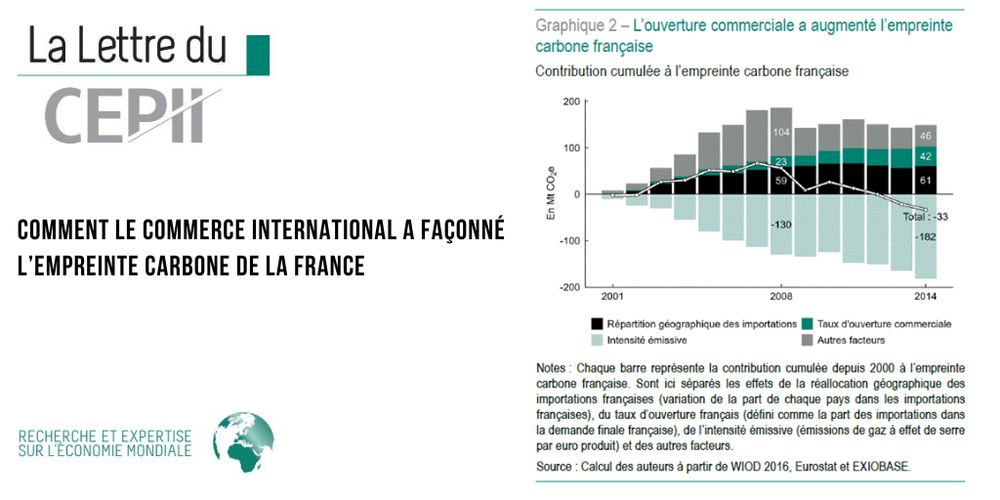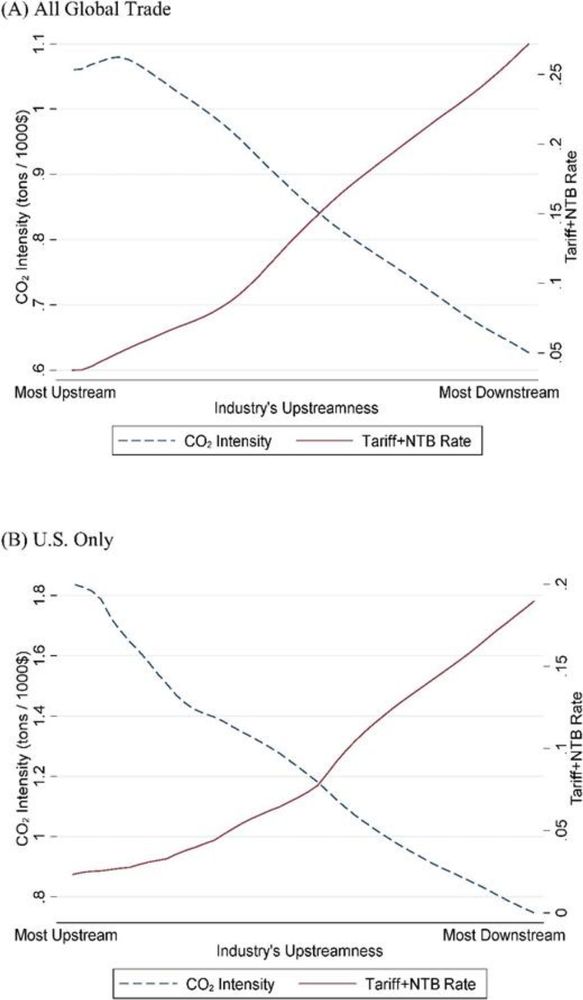https://www.christophegouel.com/


#climate #econsky
#climate #econsky

🧵 J'explore cette question dans un travail récent fait au @cepii-paris.bsky.social avec @pierrecotterlaz.bsky.social.
🧵 J'explore cette question dans un travail récent fait au @cepii-paris.bsky.social avec @pierrecotterlaz.bsky.social.
@pierrecotterlaz.bsky.social et @christophe-gouel.bsky.social.
www.cepii.fr/CEPII/fr/pub...
#econsky #decarbonation #mondialisation ⤵️

@pierrecotterlaz.bsky.social et @christophe-gouel.bsky.social.
www.cepii.fr/CEPII/fr/pub...
#econsky #decarbonation #mondialisation ⤵️
One oddity? A hidden climate distortion: dirty industries faced lower tariffs than cleaner ones (Shapiro 2021: doi.org/10.1093/qje/...).
Was this environmental bias real? We took a closer look.🧵

One oddity? A hidden climate distortion: dirty industries faced lower tariffs than cleaner ones (Shapiro 2021: doi.org/10.1093/qje/...).
Was this environmental bias real? We took a closer look.🧵


